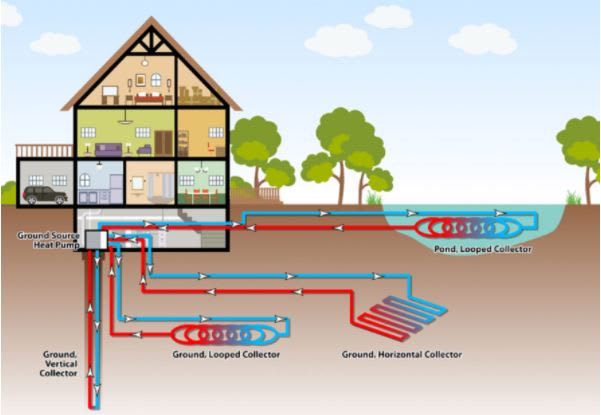I think it is sad that we have thousands of years of accumulated knowledge and at least one hundred years of exponential technical development and we stil can’t utilize what we know.
I know it has much to do with politics, markets and peoples unwillingness to draw back on consumption and whether or not to believe in the scientists assessment of the climate change.
But I hope that we can keep that part of the discussion to a minimum and try to discuss the engineering and technical sides of things.
But since I am OP, I will start by not following my own advise. ;-)
By saying that, you do not need to be a scientist only a half dissent engineer, to know that if you put to many meta tablets in a toy steam engine and the pressure relief valve don’t work it will a eventually explode.![[bomb] [bomb] [bomb]](/data/assets/smilies/bomb.gif)
Best Regards A
“Logic will get you from A to Z; imagination will get you everywhere.“
Albert Einstein
I know it has much to do with politics, markets and peoples unwillingness to draw back on consumption and whether or not to believe in the scientists assessment of the climate change.
But I hope that we can keep that part of the discussion to a minimum and try to discuss the engineering and technical sides of things.
But since I am OP, I will start by not following my own advise. ;-)
By saying that, you do not need to be a scientist only a half dissent engineer, to know that if you put to many meta tablets in a toy steam engine and the pressure relief valve don’t work it will a eventually explode.
![[bomb] [bomb] [bomb]](/data/assets/smilies/bomb.gif)
Best Regards A
“Logic will get you from A to Z; imagination will get you everywhere.“
Albert Einstein

